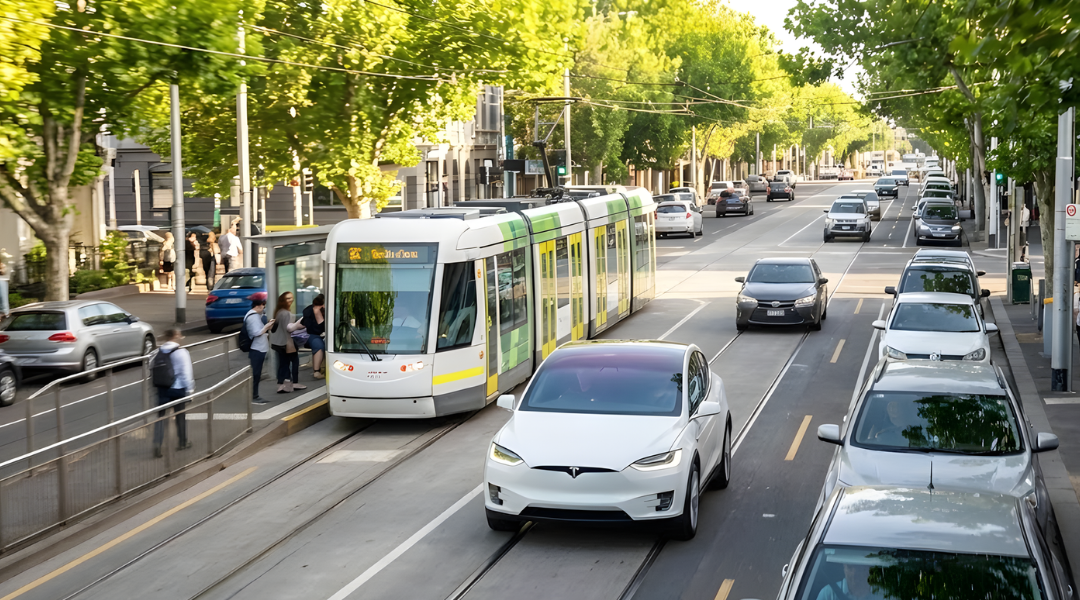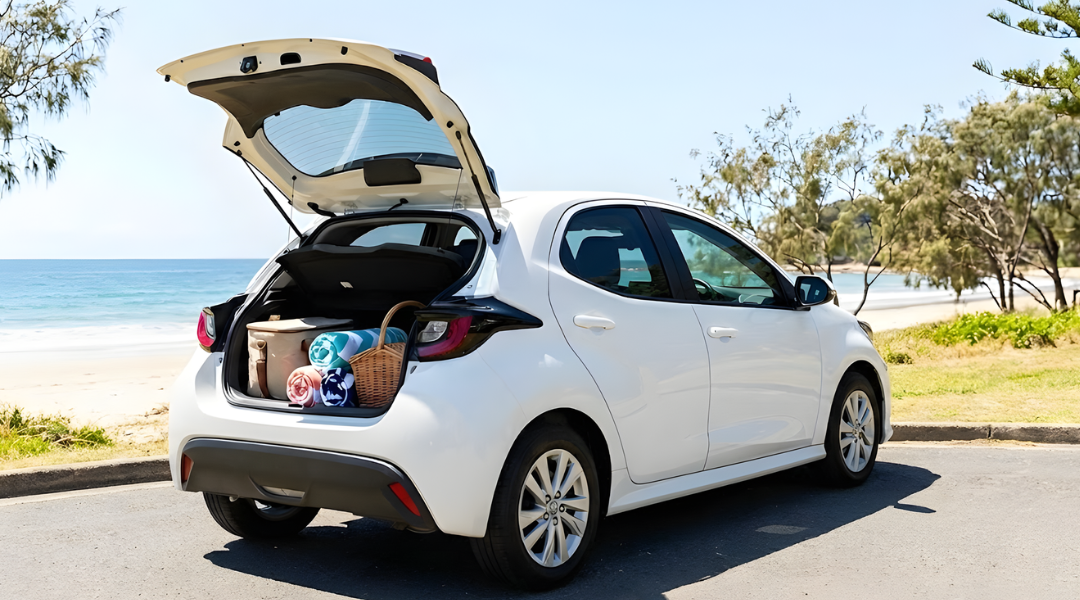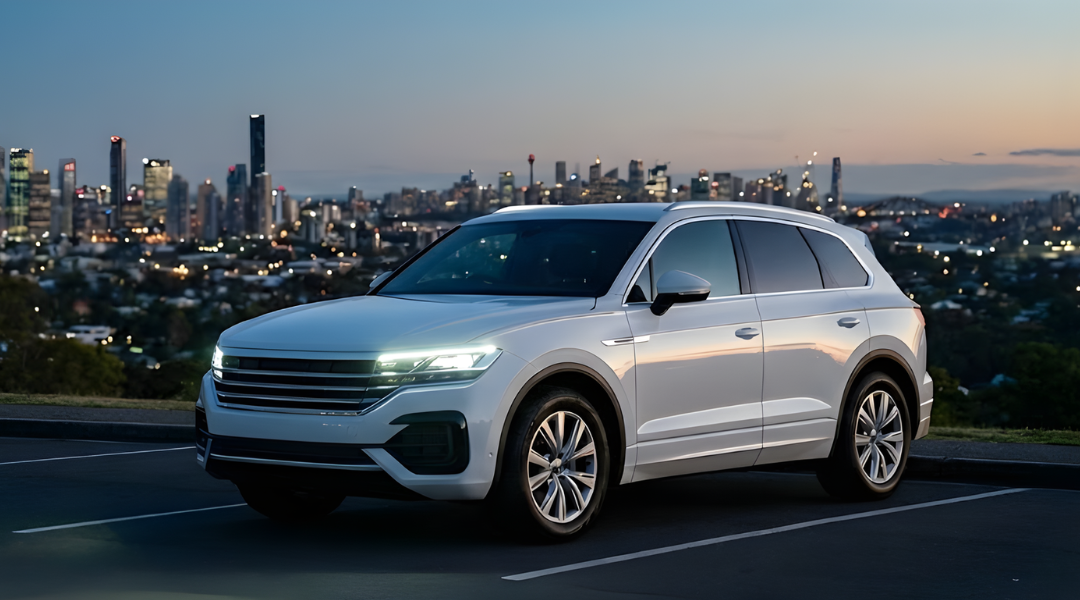Renting a car in Sydney offers a fantastic opportunity to explore the city and its surrounding regions. However, it’s crucial to prioritise safety while driving in a new environment. By understanding local road rules, traffic regulations, and driving etiquette, you can ensure a safe and enjoyable driving experience.
Understanding Sydney’s Road Rules and Regulations
Sydney’s road network is a mix of modern highways, busy city streets, and winding coastal roads. Understanding the unique characteristics of each can significantly improve your driving experience.
Road Rules and Signs:
- Speed Limits: Adhere to speed limits, which are indicated by road signs. Be aware of varying speed limits in different zones, such as residential, urban, and highway areas.
- Traffic Signals: Familiarise yourself with Australian traffic signals, which may differ slightly from other countries.
- Road Markings: Pay attention to road markings, including lane markings, pedestrian crossings, and stop lines.
Roundabouts and Intersections:
- Roundabouts: Give way to traffic already on the roundabout. Yield to vehicles on your right.
- Intersections: Prioritise vehicles on your right, especially at uncontrolled intersections.
- Traffic Lights: Follow the standard traffic light signals: red, amber, and green.
City Driving:
- Peak Hour Traffic: Be prepared for heavy traffic during peak hours, especially in the CBD.
- Parking: Utilise paid parking lots or metered parking. Be aware of parking restrictions and time limits.
- Lane Markings: Pay close attention to lane markings and avoid lane splitting.
Highway Driving:
- Speed Limits: Adhere to speed limits, which can vary depending on the road type.
- Lane Discipline: Stay in your lane and avoid weaving between lanes.
- Fatigue Management: Take regular breaks to avoid fatigue, especially on long drives.
Country Roads:
- Wildlife: Be cautious of wildlife, especially during dawn and dusk.
- Unsealed Roads: If you’re venturing into rural areas, be prepared for unsealed roads, which can be slippery when wet.
Additional Safety Tips
- Familiarise Yourself with Road Rules: While many road rules are similar to other countries, there may be specific regulations in Australia.
- Use GPS Navigation: A GPS navigation system can help you navigate unfamiliar roads and avoid traffic congestion.
- Be Aware of Roadworks: Check for road closures and detours before your trip.
- Stay Hydrated: Keep yourself hydrated, especially during long drives.
- Plan Your Route: Plan your route to avoid getting lost.
- Emergency Kit: Keep an emergency kit in your car, including a first-aid kit, water, snacks, and a phone charger.
Driving Etiquette and Courtesy
Lane Discipline and Merging
- Lane Discipline: Stay in your lane and avoid weaving in and out of traffic.
- Merging: Use indicators to signal your intention to merge and merge smoothly.
- Zip Merging: In heavy traffic, merge into gaps in traffic rather than forcing your way in.
Parking Etiquette
- Parking Spaces: Park within designated parking spaces and avoid blocking driveways or footpaths.
- Reverse Parking: Practice reverse parking to avoid accidents and traffic congestion.
- Parking Meters: Pay for parking and display the ticket prominently.
Pedestrian Safety
- Pedestrian Crossings: Yield to pedestrians at crosswalks.
- Sidewalks: Use sidewalks whenever possible and avoid jaywalking.
- Child Safety: Ensure children are always in appropriate child restraints.
Toll Roads and Congestion Charges
Understanding Toll Road Systems
- Toll Gates: Pay tolls at toll gates using cash or electronic payment methods.
- Cashless Tolling: Use electronic tags or register your vehicle to pay tolls automatically.
Paying Tolls
- Cash Tolls: Prepare exact change for toll gates.
- Electronic Tolling: Use an electronic toll tag or register your vehicle to pay tolls automatically.
- Pre-Paid Tolling: Pre-purchase toll credits to avoid unexpected charges.
Avoiding Congestion Charges
- Real-time Traffic Information: Use real-time traffic apps to avoid congested areas.
- Public Transport: Consider using public transportation during peak hours.
- Carpooling: Share rides with others to reduce traffic congestion.
- Flexible Work Arrangements: If possible, adjust your work hours to avoid peak traffic times.
Essential Safety Tips for Car Hire in Sydney
Vehicle Inspection
Before setting off, conduct a thorough inspection of the rental car:
- Exterior Check: Look for any existing scratches, dents, or damage. Document any pre-existing damage with the rental company.
- Interior Check: Ensure the interior is clean and free of damage. Check for any missing items or equipment.
- Tire Inspection: Check the tire pressure and tread depth. Ensure there are no signs of damage or uneven wear.
- Lights and Signals: Test all lights, including headlights, taillights, brake lights, and turn signals.
- Windshield Wipers: Ensure the windshield wipers are in good condition and the wiper fluid is topped up.
Ensuring Proper Functioning of Lights, Brakes, and Tires
- Lights: Test all exterior and interior lights, including headlights, taillights, brake lights, turn signals, and hazard lights.
- Brakes: Test the brakes for responsiveness and stopping power.
- Tyres: Check the tyre pressure and tread depth. Ensure that the spare tyre is in good condition and properly inflated.
Safe Driving Practices
- Defensive Driving: Always be aware of your surroundings and anticipate potential hazards.
- Speed Limits: Adhere to speed limits and adjust your speed according to road conditions.
- Seatbelt Use: Ensure all passengers are wearing seatbelts.
- Mobile Phone Use: Avoid using your mobile phone while driving, even with hands-free devices.
- Distracted Driving: Minimise distractions such as eating, drinking, or adjusting the radio.
- Road Rage: Avoid aggressive driving and road rage incidents.
Adapting to Different Road Conditions
- Rainy Weather: Reduce speed, increase the following distance, and use your headlights.
- Foggy Conditions: Use low-beam headlights and fog lights. Drive slowly and be aware of other vehicles.
- Hot Weather: Be mindful of potential heat-related issues, such as overheating. Keep an eye on your vehicle’s temperature gauge.
Roadside Assistance and Emergency Procedures
Understanding Your Rental Car’s Insurance Coverage
Before embarking on your journey, it’s crucial to understand the insurance coverage provided by your rental car company. Typically, rental car insurance includes:
- Collision Damage Waiver (CDW): This covers damage to the rental vehicle.
- Third-Party Liability: This covers damage to other vehicles or property.
- Theft Protection: This covers theft of the rental vehicle.
However, it’s essential to check the specific terms and conditions of your rental agreement. Some additional coverage options may be available, such as:
- Personal Accident Insurance: Covers medical expenses for the driver and passengers.
- Roadside Assistance: Assists in case of breakdowns or accidents.
Emergency Contacts and Breakdown Services
- Rental Car Company’s Emergency Number: Keep this number handy in case of any issues.
- Emergency Services: Know the emergency numbers for police, ambulance, and fire services in Australia.
- Roadside Assistance Services: Some rental companies offer roadside assistance as part of their package. If not, consider purchasing additional roadside assistance coverage.
Dealing with Accidents and Incidents
- Stay Calm: If you’re involved in an accident, remain calm and assess the situation.
- Check for Injuries: Prioritise the safety of yourself and your passengers.
- Call Emergency Services: If necessary, call emergency services to report the accident.
- Exchange Information: Exchange information with the other driver, including names, contact information, and insurance details.
- Document the Incident: Take photos of the damage to both vehicles and the accident scene.
- Contact Your Rental Car Company: Inform the rental company about the accident and follow their instructions.
- Cooperate with Authorities: If the police are involved, cooperate with their investigation.
Exploring Sydney Safely
Popular Driving Routes and Destinations
Coastal Drives:
- Sydney to Wollongong: A scenic coastal drive with stunning beaches and coastal towns.
- The Grand Pacific Drive: A breathtaking coastal road with stunning views of the Pacific Ocean.
City Sightseeing:
- Sydney Harbour Bridge: Drive across this iconic landmark for panoramic views of the city.
- Sydney Opera House: Visit this world-famous performing arts centre and enjoy stunning harbour views.
- Royal Botanic Garden: Explore the beautiful gardens and enjoy a stroll.
Day Trips to the Blue Mountains and Beyond:
- Blue Mountains: Discover stunning waterfalls, lush rainforests, and breathtaking views.
- Hunter Valley: Enjoy wine tasting, gourmet food, and beautiful countryside.
- Jervis Bay: A coastal paradise with pristine beaches and crystal-clear waters.
Parking Tips
On-Street Parking:
- Paid Parking: Look for metered parking spots or pay-and-display machines.
- Time Limits: Be aware of parking time limits and avoid parking illegally.
- Parking Inspectors: Be cautious of parking inspectors who may issue fines for illegal parking.
Off-Street Parking Garages:
- Secure Parking: Park your car in a secure, well-lit parking garage.
- Cost-Effective Options: Look for discounted parking rates, especially for long-term parking.
Parking Meters and Time Limits:
- Pay and Display: Use parking meters to pay for parking time.
- Time Limits: Adhere to parking time limits to avoid fines.
- Mobile Parking Apps: Use mobile apps to pay for parking and extend your parking time.
By following these tips and driving safely, you can make the most of your time in Sydney.
FAQs About Car Hire Safety in Sydney
1. What are the main safety concerns for car hire in Sydney?
- Road Safety: Australian roads can be challenging, especially for international drivers. Familiarise yourself with local road rules and regulations.
- Wildlife: Be aware of wildlife, particularly kangaroos, especially on rural roads.
- Weather Conditions: Be prepared for sudden changes in weather, such as heavy rain or strong winds.
2. What safety features should I look for in a rental car?
- Anti-lock Braking System (ABS): This system helps prevent wheel lockup during braking.
- Electronic Stability Control (ESC): This system helps maintain control of the vehicle in slippery conditions.
- Airbags: Ensure the vehicle has adequate airbags for driver and passenger safety.
3. How can I avoid traffic congestion in Sydney?
- Use GPS Navigation: A GPS navigation system can help you avoid traffic jams and find the best routes.
- Public Transport: Consider using public transport, especially during peak hours.
- Off-Peak Travel: If possible, travel during off-peak hours to avoid traffic congestion.
4. What should I do in case of a breakdown or accident?
- Contact the Rental Company: Immediately contact the rental company’s roadside assistance service.
- Stay Calm: Avoid panic and assess the situation calmly.
- Follow Safety Procedures: Follow the instructions of the emergency services and the rental company.
- Document the Incident: Take photos of the damage and the accident scene.
5. Are there any specific driving tips for tourists in Sydney?
- Drive Defensively: Always be aware of your surroundings and anticipate potential hazards.
- Obey Traffic Laws: Adhere to speed limits, traffic signals, and road signs.
- Use Roundabouts Correctly: Yield to traffic already on the roundabout.
- Be Patient and Courteous: Avoid aggressive driving and road rage.
6. What are the common driving hazards in Sydney?
- Wildlife: Be cautious of wildlife, especially kangaroos, particularly in rural areas.
- Roadworks: Be aware of roadworks and construction zones, which can cause traffic congestion and unexpected road closures.
- Extreme Weather: Sydney can experience extreme weather conditions, such as heatwaves, bushfires, and heavy rainfall. Be prepared for changing weather conditions and adjust your driving accordingly.
7. What should I do if I get lost in Sydney?
- Use GPS Navigation: Rely on a GPS navigation system or a mobile app to find your way.
- Ask for Directions: Don’t hesitate to ask locals for directions.
- Check Road Signs: Pay attention to road signs and follow them carefully.
8. What are the common parking challenges in Sydney?
- Metered Parking: Be aware of parking meters and time limits.
- Paid Parking Garages: Utilise parking garages, especially in the CBD.
- Street Parking: Check for parking restrictions and time limits.
9. What are the best practices for driving on Sydney’s highways?
- Maintain a Safe Distance: Keep a safe distance between your vehicle and the vehicle in front of you.
- Use Cruise Control: Use cruise control to maintain a steady speed and reduce fatigue.
- Be Aware of Blind Spots: Check your mirrors regularly to avoid accidents.
10. What should I do if I’m involved in an accident in Sydney?
- Prioritise Safety: Ensure everyone is safe and call emergency services if necessary.
- Exchange Information: Exchange contact and insurance information with the other driver.
- Document the Accident: Take photos of the damage to both vehicles and the accident scene.
- Contact Your Rental Car Company: Inform the rental company about the accident and follow their instructions.
- Cooperate with Authorities: If the police are involved, cooperate with their investigation.
Conclusion
By understanding the essential tips for car hire safety in Sydney, you can enjoy a safe and memorable driving experience. Remember to prioritise safety, follow local traffic rules, and be mindful of your surroundings. With proper planning and preparation, you can explore the beautiful city of Sydney and its surrounding regions with confidence.
Alpha Car Hire Melbourne: Your Premiere Car Rental Partner
Experience the freedom of the open road with Alpha Car Hire Melbourne Airport, your trusted partner for exceptional car rental services.
Why Choose Alpha Car Hire Melbourne?
- Wide Range of Vehicles: From compact cars to spacious SUVs, we have the perfect vehicle to suit your needs and budget.
- Competitive Rates: Enjoy affordable car rental rates without compromising on quality.
- Easy Booking Process: Book your car rental online in just a few simple steps.
- 24/7 Customer Support: Our dedicated team is available round-the-clock to assist you with any queries or concerns.
- Flexible Rental Terms: Choose from a variety of rental options to suit your schedule and preferences.
Ready to Hit the Road? Book Now!
[/vc_column_text][/vc_column][/vc_row][vc_row css=”.vc_custom_1727246131169{padding-top: 40px !important;}”][vc_column][vc_raw_html]JTVCcG9kcyUyMG5hbWUlM0QlMjJjYXJfaGlyZV9sb2NhdGlvbnMlMjIlNUQlN0IlNDBjYXJfaGlyZV9sb2NhdGlvbnMlN0QlNUIlMkZwb2RzJTVE[/vc_raw_html][/vc_column][/vc_row]




